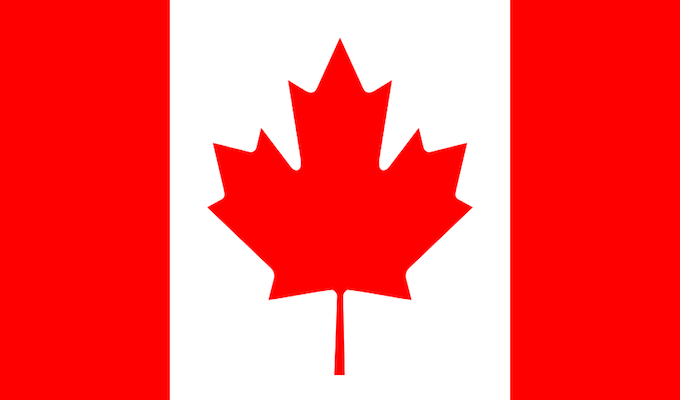Canadians are waiting longer for surgeries and doctor visits, and even younger Canadians are suffering.
In a recent speech before her fellow lawmakers, Karen Casey of the Nova Scotia Legislature talked up spending increases for healthcare.
“Nova Scotians … want more timely access to primary care and to family doctors,” said Casey. “They want shorter wait times for surgeries, and they want better access to mental health services.”
Bacchus Barua, associate director of Fraser Institute‘s Centre for Health Policy Studies, tells OneNewsNow that Canadians in general are waiting for procedures and doctor visits.
“When it comes to wait times, that’s really become the defining feature of Canada’s healthcare system,” Barua shares. “One of the things we’ve been doing at the Fraser Institute has been actually tracking wait times for over 20 years – and the last time we measured wait times in 2016, the average wait time across all different specialties was about 20 weeks.”
In 1993, when the Fraser Institute did its first national estimate, the wait time was only 9.3 weeks – less than half what it is in 2016.
“Also, the physicians responding to our survey are actually telling us that their patients are waiting longer than what they consider to be clinically reasonable,” Barua continues. “There are definitely some treatments where Canadians do get fast and good treatment when required, but there are a lot of Canadians who are waiting considerably long in order to get their treatment.”
That was the case for Emily Baron Cadloff. She wrote an article for the Canadian magazine Vice in February, detailing the struggles she and other young Canadians had finding a family doctor.
“Despite a chronic illness, I have not been able to find a family doctor since I moved to the Maritimes nearly five years ago,” wrote Cadloff. The Maritimes is a region of eastern Canada consisting of New Brunswick, Nova Scotia, and Prince Edward Island.
While Cadloff notes that “things are markedly better in bigger cities,” she recalls a conversation with a Canadian doctor that involved “doctor shortages across Canada.” Money is believed to be the culprit.
Barua says that argument is made quite often.
“It is proposed that Canada is not spending enough, but the fact of the matter is that the way that governments have been trying to simply throw money at the problem to fix it has just not worked,” he says. “Importantly, when we compare Canada to other countries with universal healthcare, we find that Canada ranks amongst the top spenders; but when it comes to the performance, it’s really not translating.”
Another important thing to consider is that Canada’s way of doing universal healthcare is only one way of doing universal healthcare.
“[A] lot of people tend to think that it’s the necessary price that needs to be paid in order to have a universal healthcare, and that is simply not true,” Barua explains. “There are a lot of other countries with universal healthcare systems that do it in very different ways, and it’s just unfortunate that, because of the stubbornness that Canada has had with regards to policy and policy options and change, that we’ve continued to see this wait time problem become worse even though we are ranking among the top spenders.”
Pointing to the Swiss healthcare system, Barua says they have universal healthcare but it is primarily through private insurers in a regulated market.
“This is something that a lot of Canadians are struggling to grasp, but that conversation is changing,” he observes. “Our system is failing in a number of ways, and I think everybody, regardless of political stripe, wants to find a way to have this system become better, to actually serve patients. And for sure, we’re recognizing that just throwing money into the system is not the answer.”
—-
Copyright American Family News. Reprinted with permission.


















Recent Comments